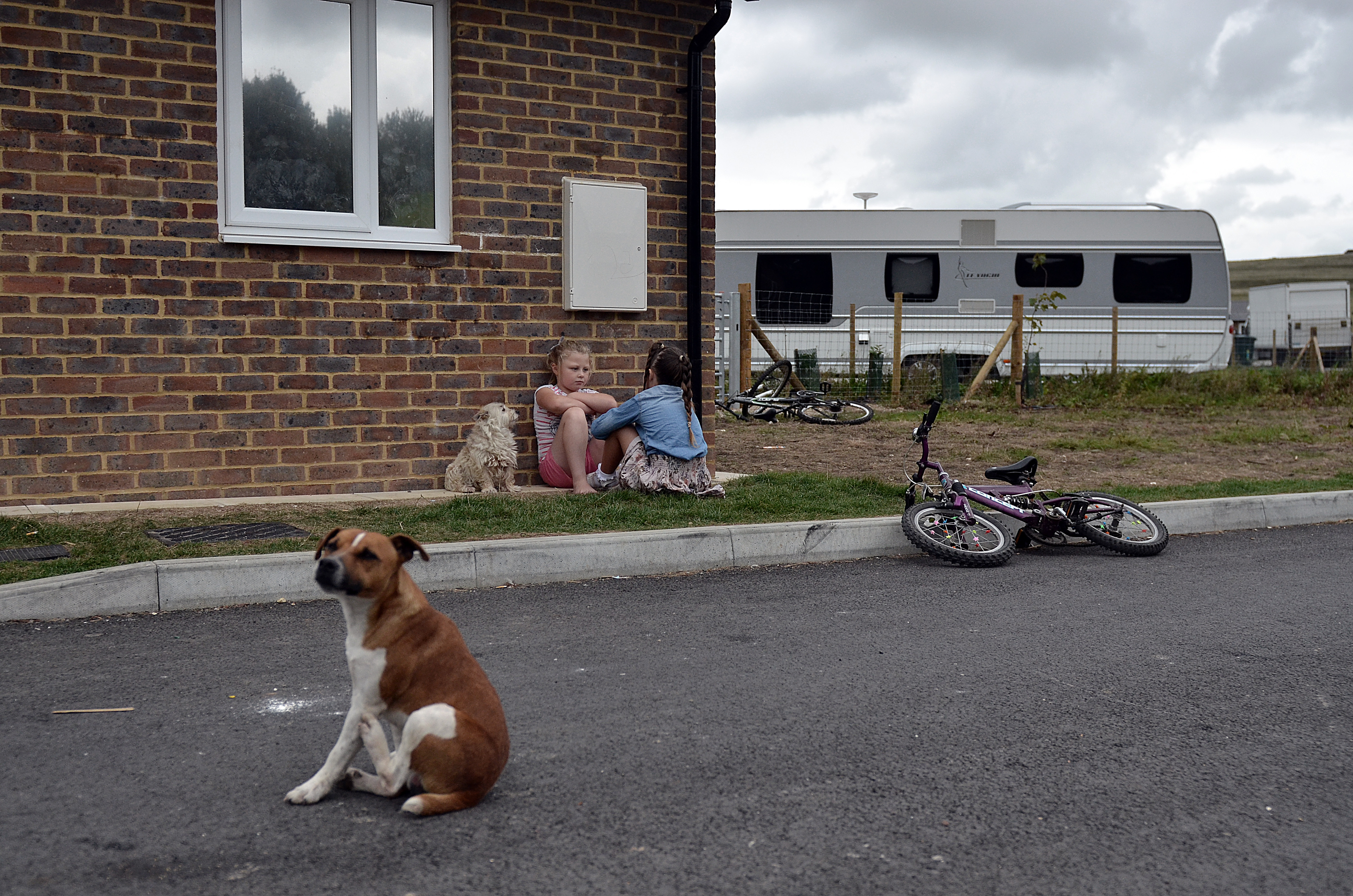Today, Friends Families and Travellers released the findings of a mystery shopping exercise in which they contacted 50 GP practices posing as a patient wishing to register who didn’t have a fixed address or proof of identity and found that almost half of practices would not register them. Despite this, every GP practice was rated ‘good’ or ‘outstanding’ by the Care Quality Commission for their work with ‘People whose circumstances may make them vulnerable’.
The first guiding principle of the NHS is that it provides a comprehensive service, available to all and NHS guidelines say, “When applying to become a patient there is no regulatory requirement to prove identity, address, immigration status or the provision of an NHS number in order to register”. However, the experiences of people on the ground can often be very different. Speaking about her experience of being refused registration at a GP practice when her one year old daughter fell ill, Danielle from the Romany Gypsy community said,
“It makes you feel like you’re alien from everyone else. Just because of who you are, you don’t get the same treatment as everyone else. You know full well that if you were someone else, if you had this document or that, you’d be able to get the help you need, but because you don’t you’re left with no help at all.”
The report found that of the 50 GP practices contacted, 24 would not register the mystery shopper either as a permanent patient or as a temporary patient. Of these, 17 GP practices said they would not register people without proof of identification, 12 GP practices said they would not register people without an address, one GP practice said they would only register people online and two GP practices never picked up the phone, despite multiple calls on different days. Speaking about her experience of being refused healthcare, Kit, who lives on board a boat and travels the canals of England, trading antique china said,
“I only persisted with attempting to register because I knew I actually had cancer. It has turned out to be a stage 3 cancer. There were three tumours and five affected lymph nodes. Despite the fact that I knew my rights, provided information on registering at a GP’s address and articulated my case, I had to compromise my confidentiality on two occasions to access belated care for an aggressive, life threatening disease which could have been caught years earlier.”
Whilst the piece of research focusses on the experiences of over 80,000 nomadic Gypsies and Travellers in England, this is not a problem unique to Gypsies and Travellers. Groups experiencing similar problems include asylum seekers and refugees, people in contact with the criminal justice system, homeless people, vulnerable migrants and people fleeing from domestic violence. Sharing her experience of being refused healthcare in Stroud, Glen, from the New Traveller community said,
“I was surprised that within the NHS they wouldn’t see me without filling all the forms, even when I was clearly in pain. I was upset that people can put form filling in front of someone’s wellbeing.”
Today, Matt Hancock MP and Secretary of State for Health and Social Care will receive a letter signed by more than 30 charities and human rights organisations including Homeless Link, Liberty, Mind and Race Equality Foundation asking for the Department of Health and Social Care to make commitments to address the recommendations in the report.
The report calls on the Department of Health and Social Care to set up a taskforce to lead the delivery of the recommendations outlined in the report so that nobody is ever wrongfully denied access to healthcare again. Commenting on the report, Sarah Sweeney, Communications and Health Policy Co-ordinator at Friends Families and Travellers said,
“The communities affected by this issue are caught in a catch 22 where they are both at high risk of poor health and also find it much harder to access healthcare. We want to work with the Department of Health and Social Care and with the Care Quality Commission to address longstanding and stubborn issues around access to primary care so that once and for all everyone can access the healthcare they need.”
Notes for Editor
About Friends, Families and Travellers (FFT)
Friends, Families and Travellers is a leading national charity that works on behalf of all Gypsies, Roma and Travellers regardless of ethnicity, culture or background.
Media Contact
Sarah Sweeney, Communications and Health Policy Co-ordinator
Tel: 01273 234 038 Email: sarahsweeney@gypsy-traveller.org
Relevant Resources
No room at the inn: How easy is it for nomadic Gypsies and Travellers to access primary care?

